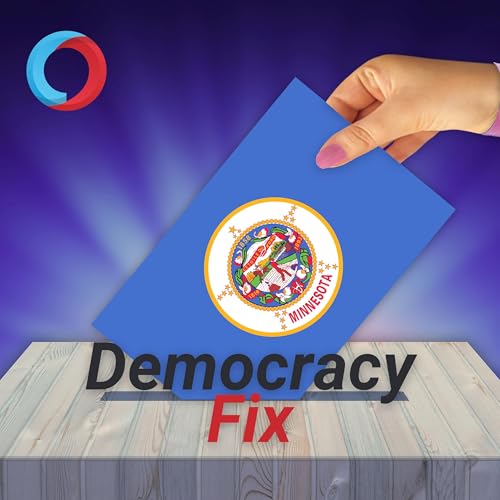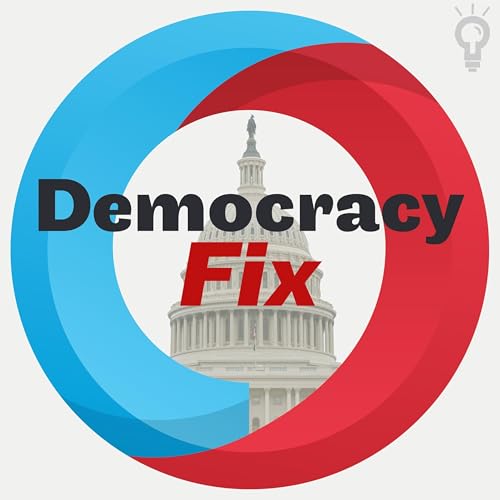Minnesota Secretary of State Steve Simon joins Issue One’s Dr. Carah Ong Whaley and Liz Cassin to discuss the challenges posed by the spread of false election information and the importance of directing voters to credible sources. Recently, Grok, an AI chatbot operated by X (formerly known as Twitter), disseminated false information regarding ballot laws in nine states. In response, Sec. Simon and four other secretaries of state wrote a letter to Elon Musk, urging him to correct the misinformation. Sec. Simon highlights the broader challenges posed by AI models that often fail to provide accurate voting information and suggests a simple, proactive solution: directing users to accurate resources like CanIVote.org.
Our conversation also delves into the challenges posed by the spread of false information on social media. “I think social media companies have a really big and serious responsibility to the voters in this country,” Sec. Simon tells us. “They have an obligation to make sure that their users, all Americans, have accurate information.” Sec. Simon draws a distinction between platform-generated misinformation and user-generated content: “There are at least two ways that mis- and disinformation can come about. One is when users on a particular platform say the wrong thing, either unintentionally or intentionally. And while I can see that's tougher to police, it's not impossible to police. And when a particular post, maybe one that has a particularly large audience and penetration, is discovered, it's not an unreasonable request to reach out to these companies and ask them to do something about it.”
Minnesota has been at the forefront of legislative efforts to combat misinformation, including new laws that limit the use of deepfakes in campaigns. The state has also implemented laws to protect election workers from rising threats, harassment and intimidation that has resulted from the proliferation of false election information.
Links in this episode:
- CanIVote.org
- Minnesota Secretary of State
- Secretaries of state urge Musk to fix AI chatbot spreading false election info
- Threats, harassment, or intimidation of election workers with the intent of obstructing their official duties is now illegal
- Amid ‘culture of harassment and violence,’ Minnesota poll workers get new protections
- Minnesota expands elections-related deepfake prohibitions
 26 mins
26 mins 29 mins
29 mins 44 mins
44 mins 35 mins
35 mins Jul 23 202425 mins
Jul 23 202425 mins Jul 11 202442 mins
Jul 11 202442 mins 32 mins
32 mins Jun 18 202445 mins
Jun 18 202445 mins
